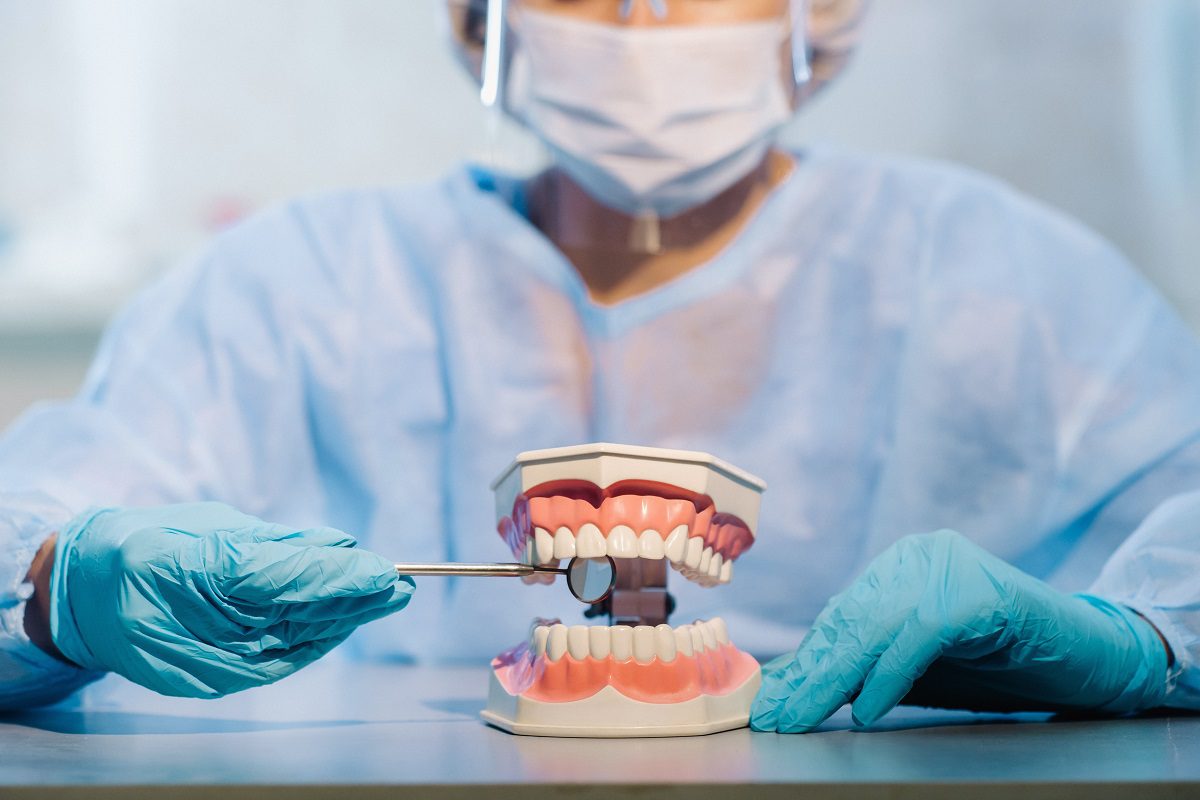

Is Dental Bridge a Good Idea?
Do you want to know is dental bridge is a good idea for you? A dental bridge is one option for replacing one or more missing or severely damaged teeth that cannot be repaired. Bridges have distinct advantages and disadvantages over alternative options, such as dental implants. But, to make an informed decision, you must first understand what a dental bridge is and how it works.
What does a Dental Bridge do?
Dental bridges are one of several restorative treatments for replacing lost teeth. As the name indicates, the dental bridge physically spans the space left by one or more missing teeth. This dental equipment comprises three crowns: two crowns at either end act as abutments or anchoring to the healthy neighboring teeth next to the gap, and the central crown serves as a pontic or fake tooth. Dental implants are utilized instead when there are no healthy nearby teeth to function as abutments. A fixed dental bridge has its abutment crown bonded to healthy neighboring teeth or a dental implant. The bridge is built of various materials, including metals (gold and silver), porcelain, and porcelain fused to metals.

Advantages of Dental Bridges:
Cost:
Bridges are less expensive than implants. A dental bridge does not demand as much accuracy and is less invasive to install. Hence it is less costly than a dental implant. One of the primary reasons some patients prefer bridges over implants is cost.
Bone Grafting:
There is no need for bone grafting. When a tooth is missing for an extended period, the jaw bone that initially kept it in place may have deteriorated or resorbed. Surgical treatment like bone grafting uses an artificial or animal bone fragment to reinforce the jaw bone behind the gums. It is only required for implants, not bridges.
Practical than Dentures:
Bridges are far superior to dentures in many ways. If the patient has enough good teeth left, dentists frequently propose bridges instead of dentures. In contrast to dentures, which must be secured to the gums using a temporary sealant that is not as stable, healthy teeth can function as anchors for bridges.
Less Time Taking:
Bridges are faster than other restoration options available. Bridges are quicker to install than implants since no bone grafting is required. Even if only a few implants are used to secure the bridge, it is faster than obtaining more implants.
Few other advantages of dental bridges include:
- It will give you a complete smile.
- Your ability to chew and speak will be maintained.
- Since the risk of bone loss gets minimized, you do not have to worry about your facial structure.
- The forces involved in proper biting are distributed evenly since the missing teeth are replaced.
- Bridges are not designed to move regularly like dentures, providing less exposure to maintain hygiene.
Making the Final Call:
Our dentist will recommend restorative treatment upon diagnosis, depending on your circumstances. Benefits and drawbacks should be considered when making a decision. Our dentists will guide you towards the best-suited option for your problems upon visiting our services.
Contact your Lafayette dentist, Dr. Massood Darvishzadeh, DDS at Lafayette Dental Group today to learn about dental bridges.
*This media/content or any other on this website does not prescribe, recommend, or prevent any treatment or procedure. Therefore, we highly recommend that you get the advice of a qualified dentist or other medical practitioners regarding your specific dental condition*
Services
Contact Us
3466 Mt Diablo Blvd., Suite C207
Lafayette, CA 94549
2026 © Lafayette Dental Group | All rights reserved | Powered by: Vigorant, Inc.
